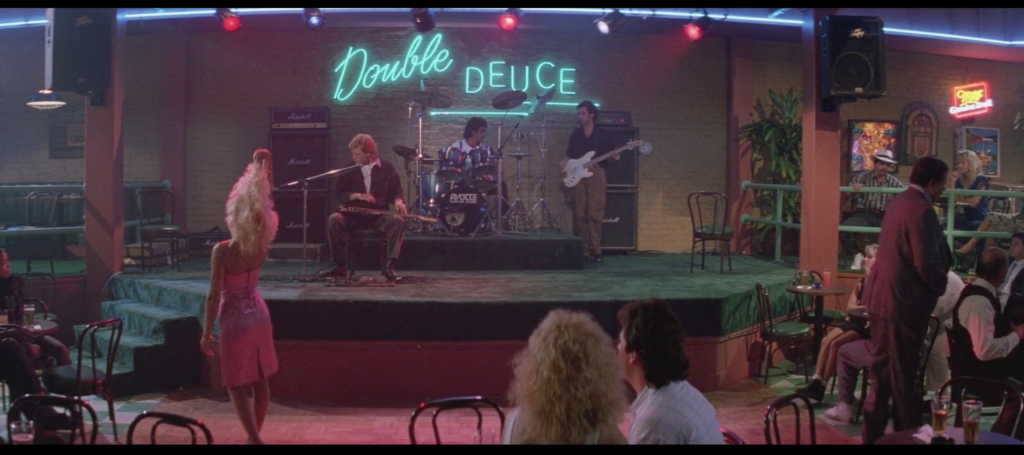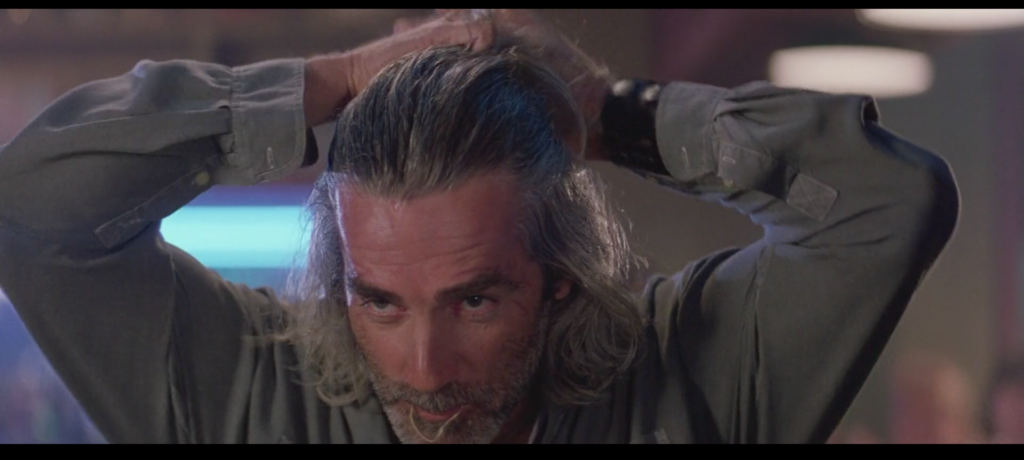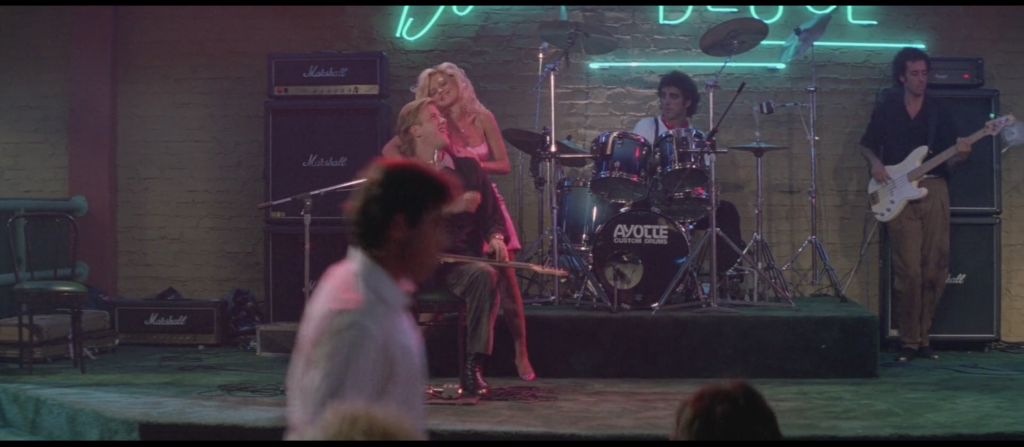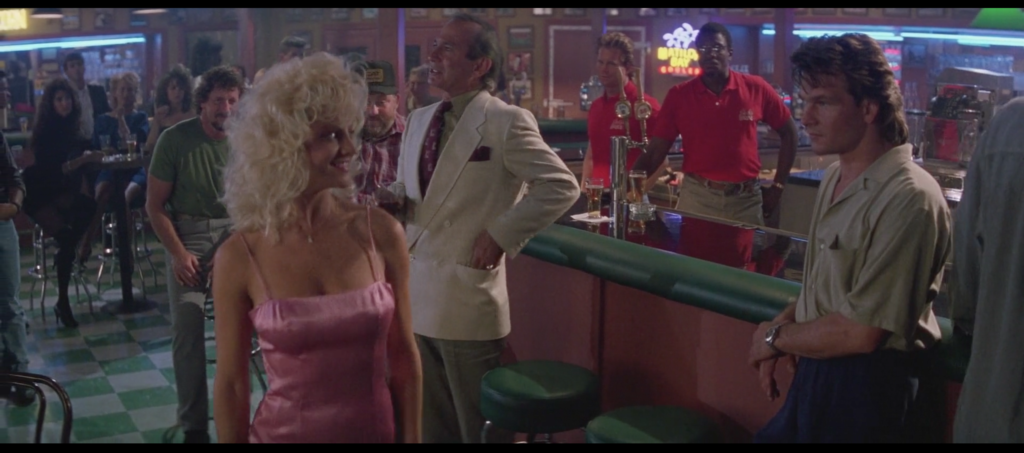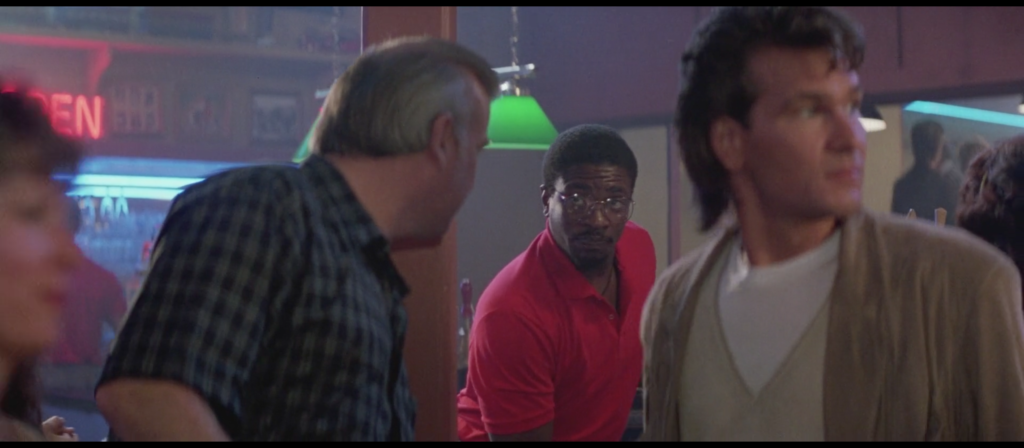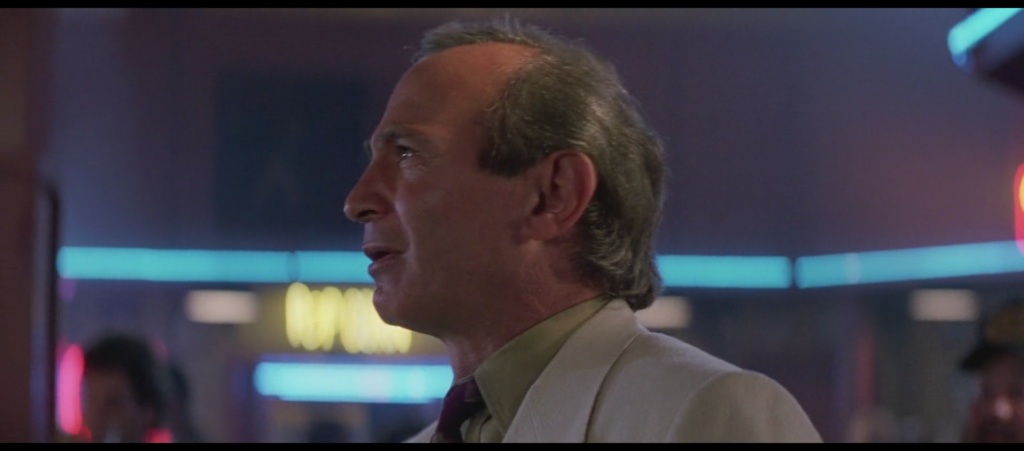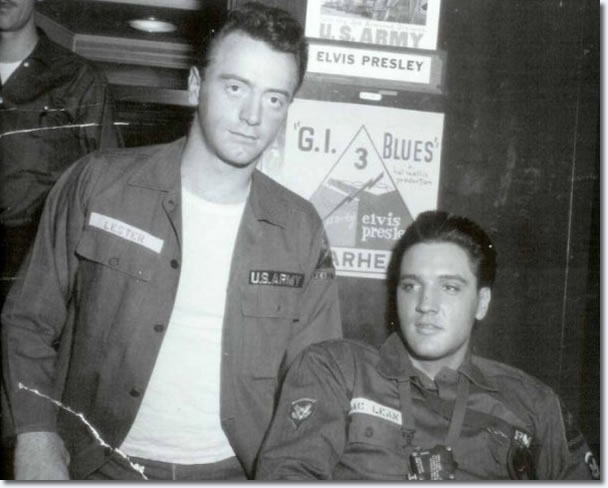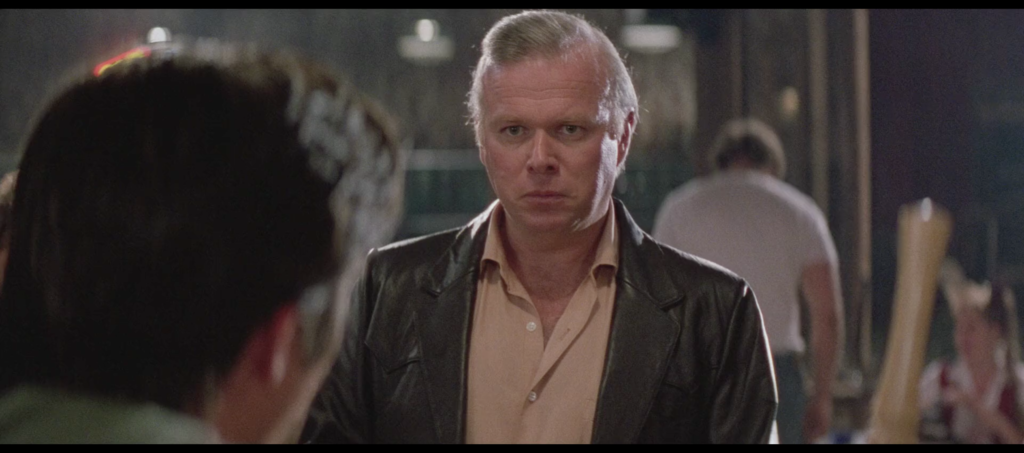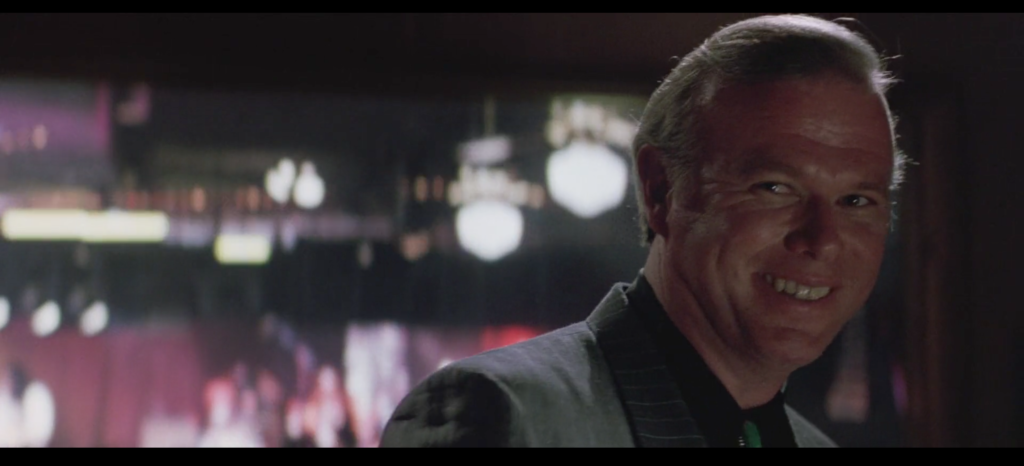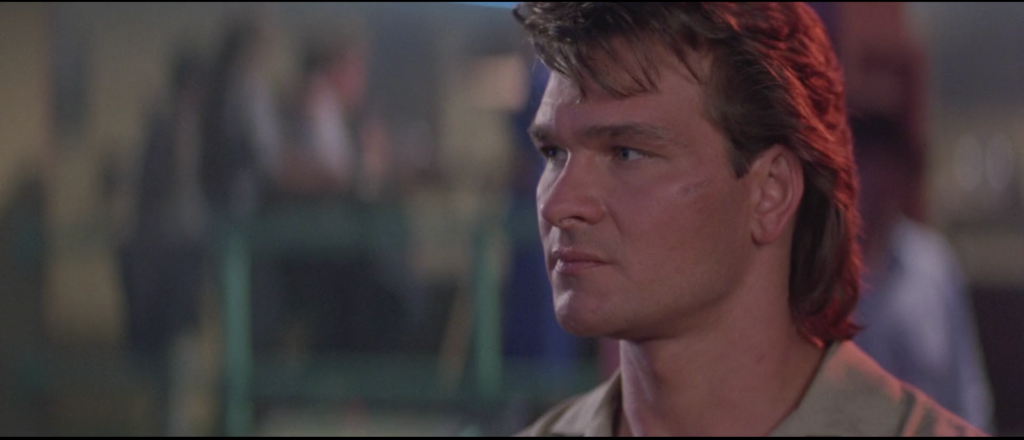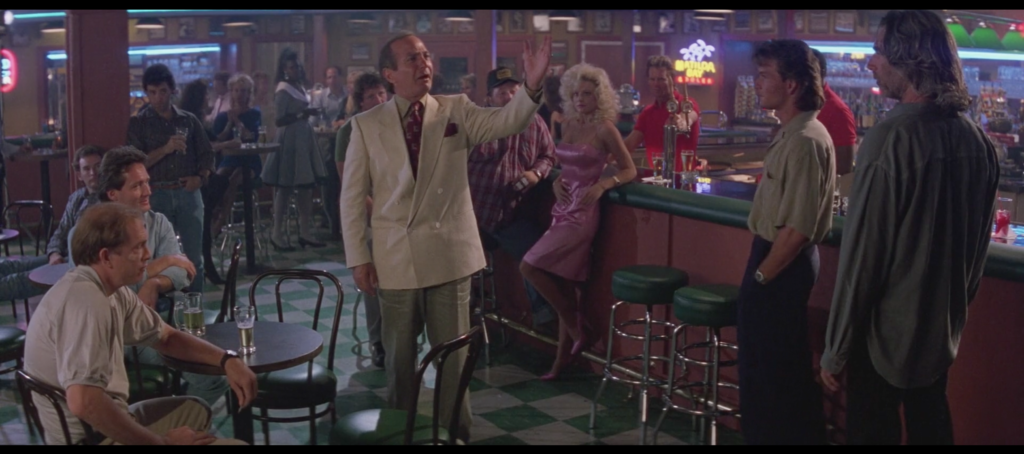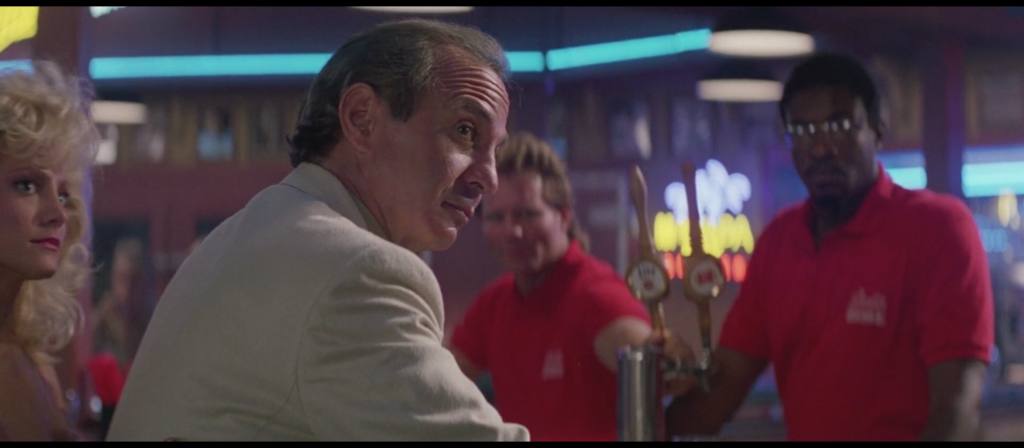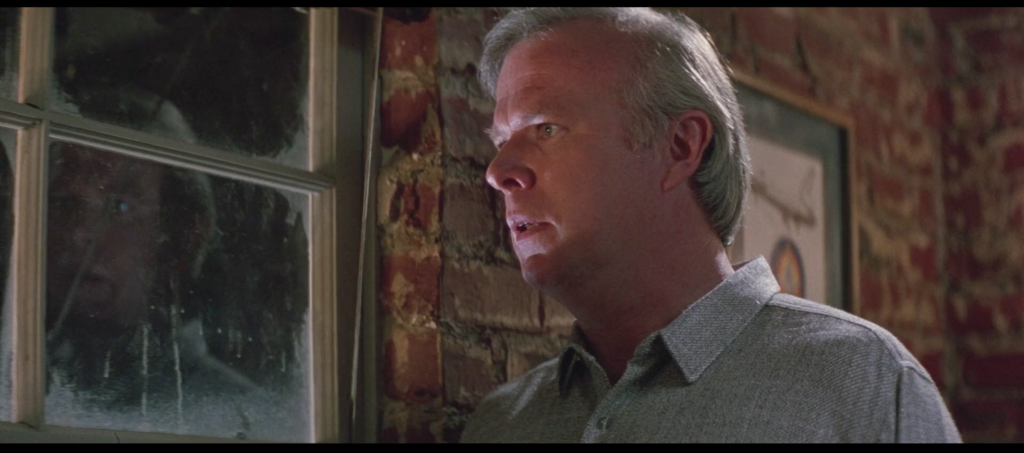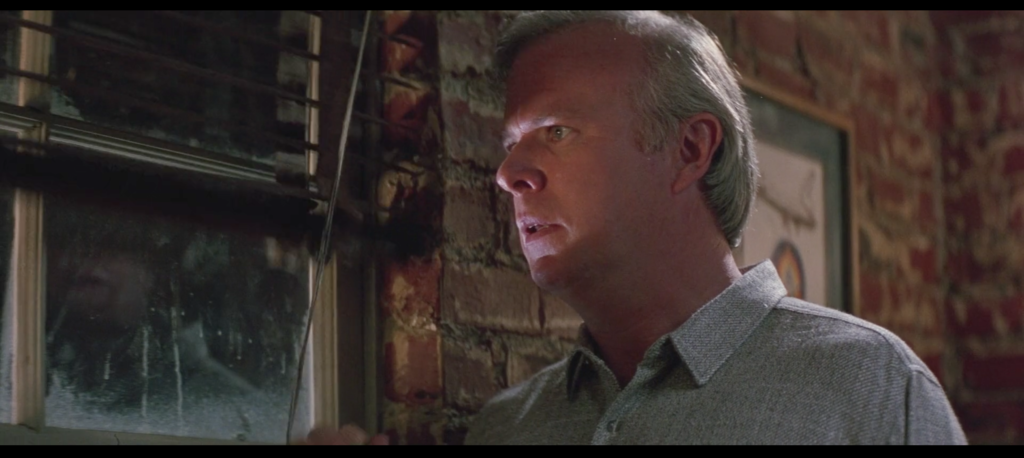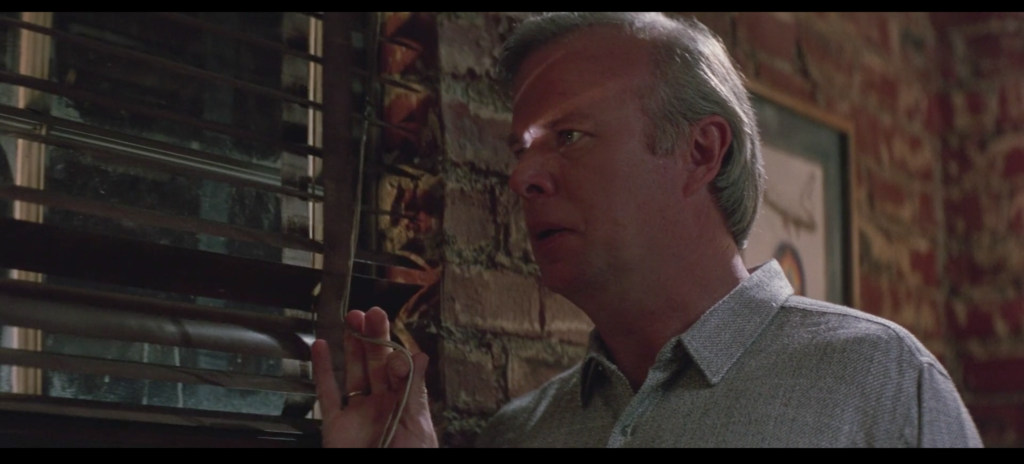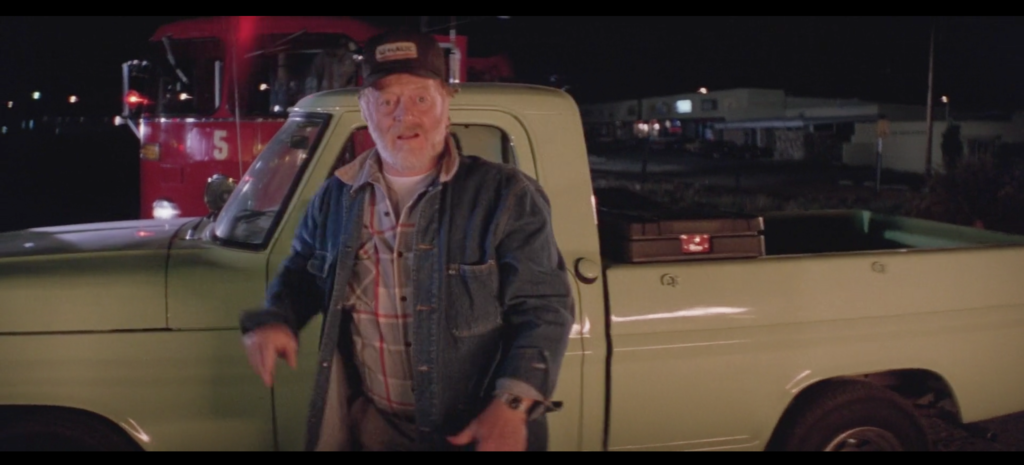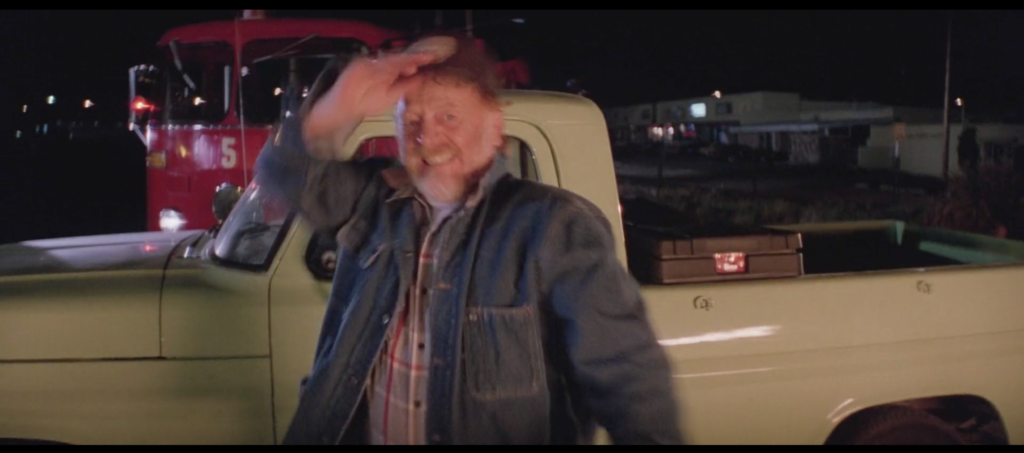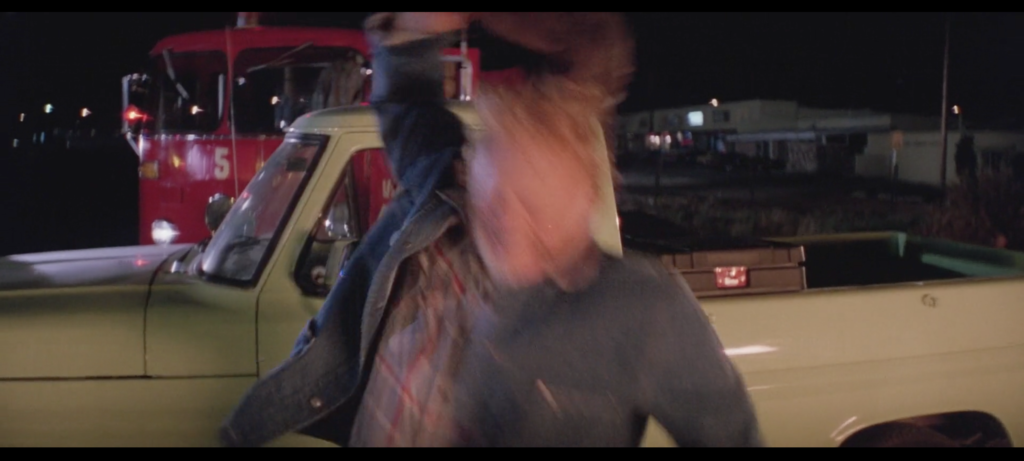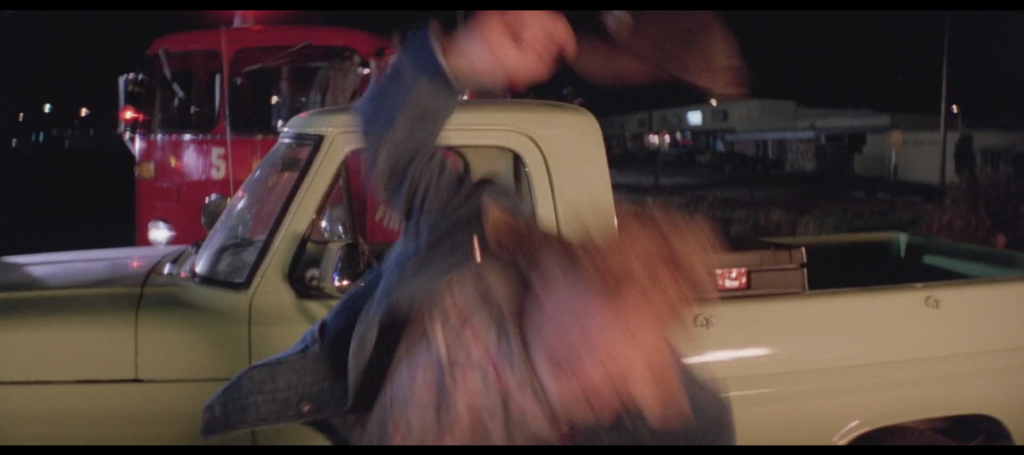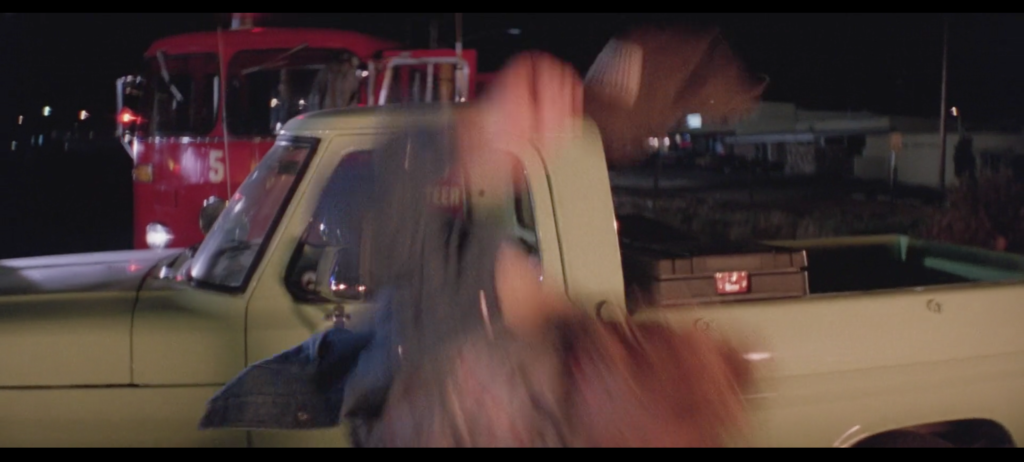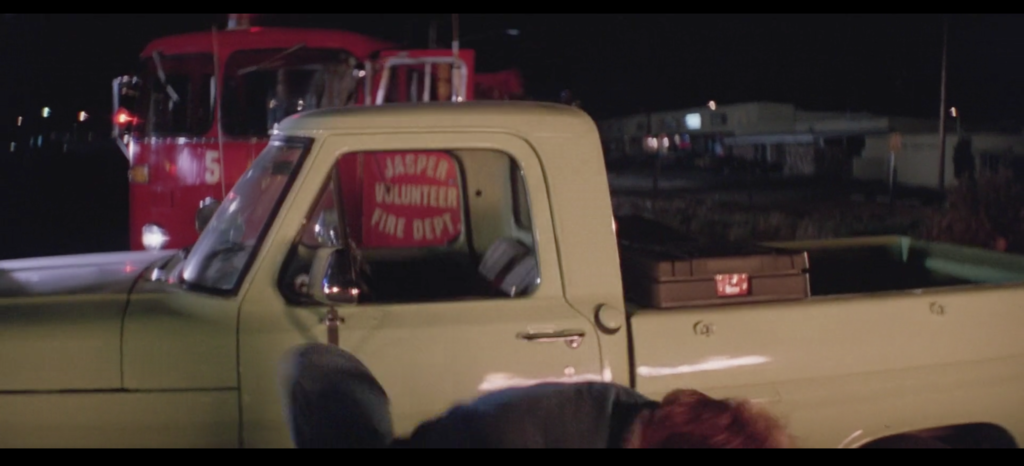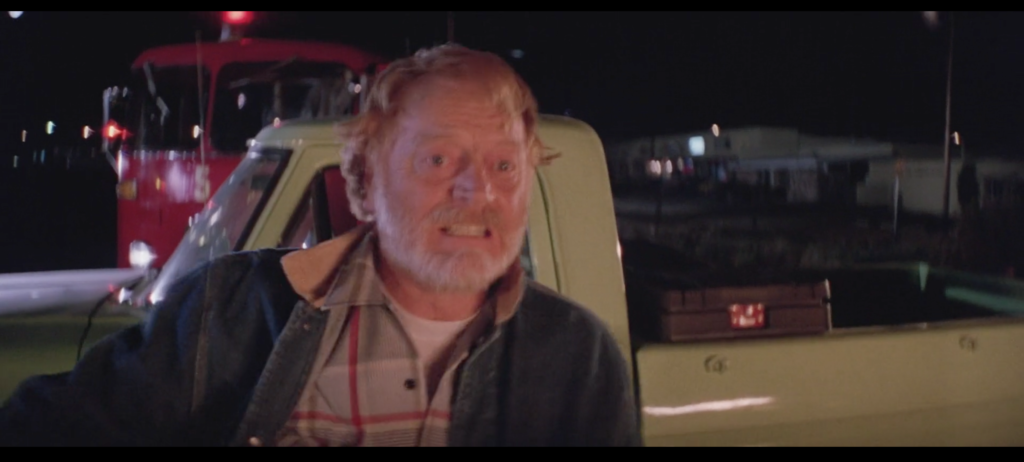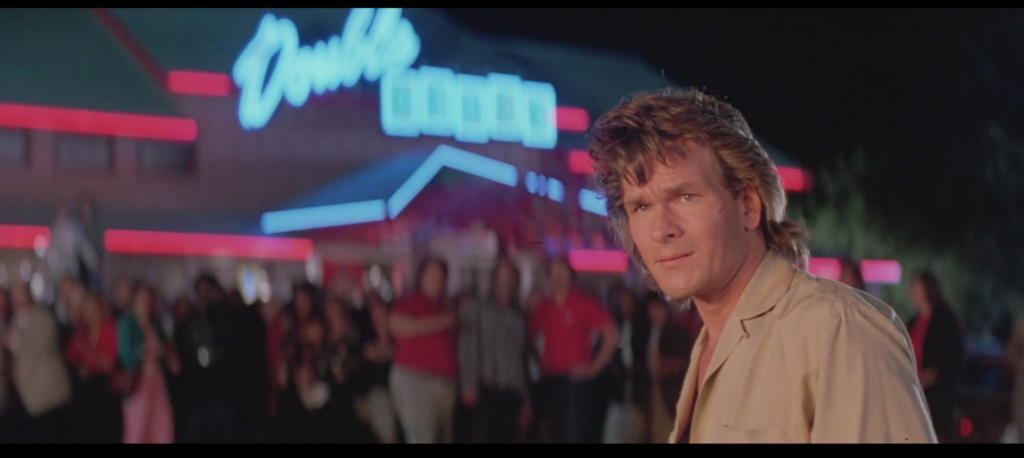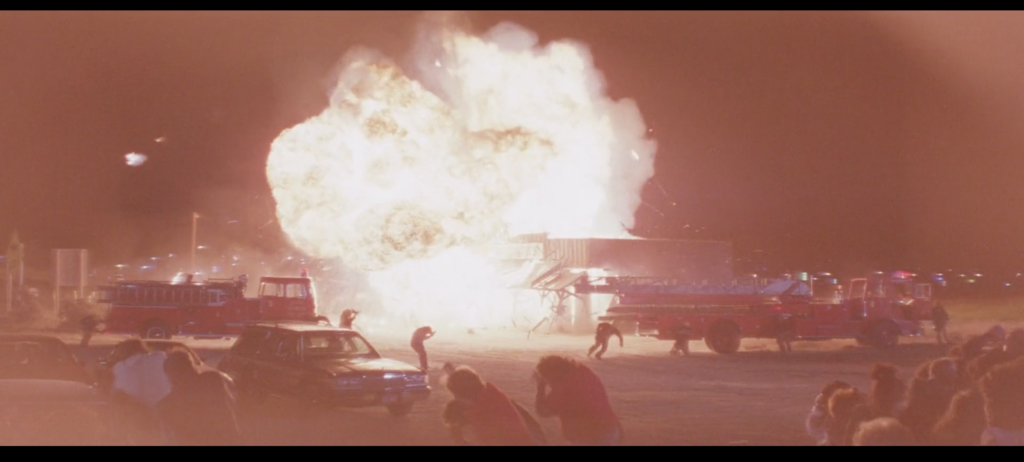The confab between the broods does afford a few members of the cast an opportunity to stretch their acting muscles, in some cases for the first time…maybe ever? I’m thinking in particular of Brian Cox as Logan. As formidable an actor as it gets—have you seen what he did with Hannibal Lecter in Manhunter? because if not, stop the fucking presses and get on that—Cox does nothing on this show but growl in the same cadence a few dozen times an episode.
But in this scenario, he can’t bully and bluster his way through things; if the Pierces are determined to make him eat a shit sandwich, and they are, he must do so with a smile and say “thank you” in his gentlest tone of voice. Getting caught off guard when Rhea (Holly Hunter), his ostensible go-between with the Pierces, drives up the price they’d already agreed to is the most interesting thing I’ve seen happen with the character to date.
The other acting highlight, and this should come as no surprise to anyone who’s been paying attention since his character is the only one who’s written like a human being, is Jeremy Strong as Kendall. As usual, he comes across as painfully pensive, as if he has to examine every syllable he utters for razor blades like candy from a stranger before he lets it slip from his mouth.
Kendall quickly strikes up a…let’s say a kinship with Naomi Pierce (Annabelle Dexter-Jones, rueful and soulful), the Pierces’ equivalent addict. They snort some rails, pound some vodka, nearly take off in the Logans’ helicopter, and fuck in its back seat. Their connection feels sad, sexy, and true.
I reviewed this week’s episode of Succession for Decider. It’s a little better than the norm in places, but it’s still a sitcom with delusions of grandeur.

